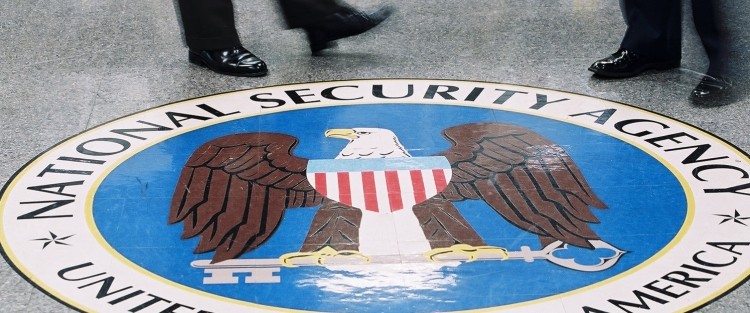An audit leaked by The Washington Post has revealed a staggering amount of privacy violations performed by the National Security Agency (NSA), resulting in thousands of cases of unauthorized surveillance on Americans each year.
The documents detail an internal audit conducted by the NSA on its operations from Q2 2011 to Q1 2012, where a whopping 2,776 "incidents" were discovered. These incidents, mostly unintended, concern direct violations of rules and court orders, which resulted in unnecessary surveillance of citizens.
Of 195 Foreign Intelligence Surveillance Act violations that occurred in Q1 2012, just a fraction of the total amount, 123 incidents were operator errors, while the remaining 72 incidents were computer errors. Operator errors included not following standard operating procedures, insufficient or inaccurate information, and overly broad search terms. The majority of computer errors during this period were from the system not recognizing foreigners who brought their mobile phones into the United States.
One particularly serious incident detailed in the audit involved more than 3,000 US citizens having their phone records retained by the NSA, despite a surveillance court ordering their destruction. Another incident involved a programming error where the US area code 202 and Egyptian international dialing code +20 were confused, resulting in a "large number" of domestic phone call interceptions.
Even more violations would have been detailed in the report if its scope included NSA sites other than their Fort Meade headquarters. An unnamed NSA official was quoted as saying the number of violations was small when taken in context. "You look at a number in absolute terms that looks big, and when you look at it in relative terms, it looks a little different", he said.
The audit documents provided to the Post were obtained by former NSA contractor Edward Snowden, who earlier this year leaked slides concerning PRISM, a controversial government surveillance program involving major tech companies. United States officials have been forced to defend their intelligence and data-collection practices, stating that its critical to the prevention of terrorist threats. How they'll respond to this recent round of leaks remains to be seen.
